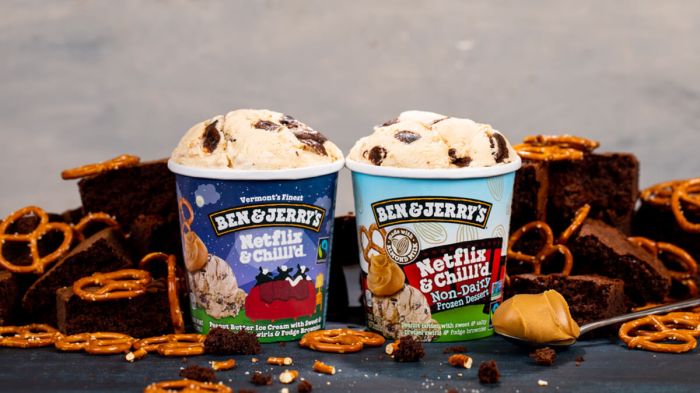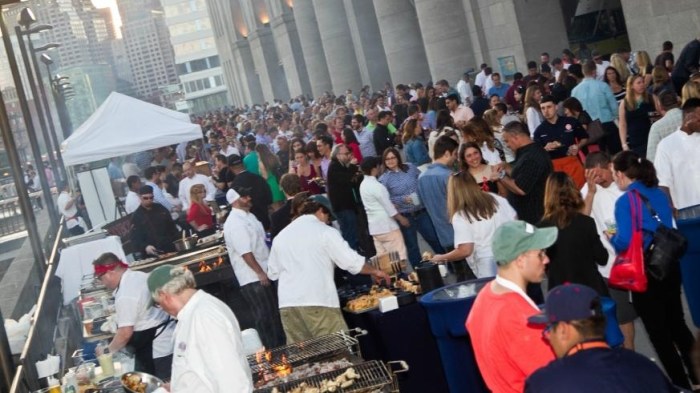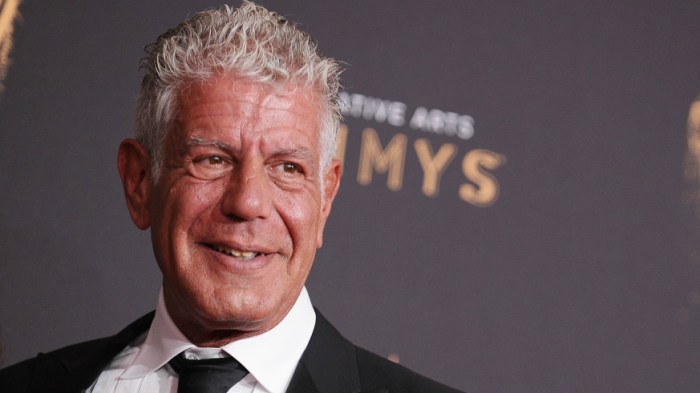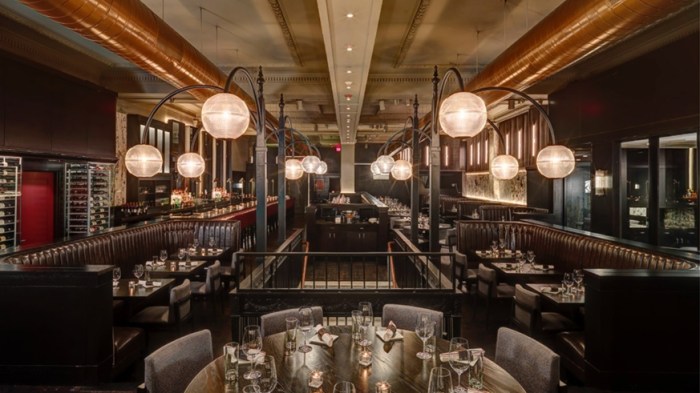Square Roots first broke ground by financing and mentoring local entrepreneurs who are growing tasty, nutritious greens in, of all places, a Brooklyn parking lot. Now it’s taking things a step further—right to your New York City office. Lunch, anyone?
The new “Farm to Local, by Square Roots” initiative delivers snack-size bags of salad greens to workplaces. It already has subscribers at Vice Media and Kickstarter, said Square Roots CEO and cofounder Tobias Peggs. “Your farmer will literally come to your desk and drop off same-day-harvested greens,” he said.
These farms aren’t your traditional sprawling upstate acreage tended by laborers or a guy on a tractor in bib overalls. Set up near where Jay Z grew up, they’re 10 steel shipping containers converted intohydroponic vertical farms, meaning crops grow in tower formation with recycled water and without soil. Inside the LED-lit modular containers are rows of panels sprouting pesticide-free plants in a controlled climate — so freezing temperatures and snow pose no problem. Each container produces an annual harvest equivalent to an estimated two acres of land. Square Roots raised seed financing to build the campus, which cost more than $100,000. Then, 10 young farmers were chosen from more than 500 applicants for a yearlong stint that started in November. One of them is Electra Jarvis, 27, an Alphabet City resident who grows kale, mustard greens, and Salanova lettuce and is working on cilantro.
“At farmers markets, people are always impressed with the shelf-life and the taste,” said Jarvis, who had been a master’s student in sustainable environmental systems at Pratt Institute and interned with a hydroponic research and development company and an urban farming consulting firm. The farmers work about 30 hours per week, splitting their time between working on the crops and sales, Peggs said.
“They build a big network of mentors and learn how to build a sustainable business,” said Peggs, whose background is in technology. “Then they are in an incredible position to go off on their own entrepreneurial journey.” Germination of the idea
Peggs, 44, arrived in the U.S. in 2003 from the United Kingdom. A few years later, he met Kimbal Musk (whose brother is the entrepreneur Elon Musk). Musk, a chef, had cooked for firefighters at ground zero after 9/11. “That’s when he began to see the power of real food and its ability to strengthen communities,” Peggs said. Peggs and Musk worked together in social media analytics, until Musk broke his neck in a skiing accident and, “realizing life can be short,” shifted his focus to The Kitchen, a farm-to-table restaurant group that started in Colorado, Peggs said. In 2014, the duo began developing the idea for Square Roots. “What we saw was that millions of people, especially in our biggest cities, were at the mercy of industrial food,” Peggs said. “This is high-calorie, low-nutrient food, shipped in from thousands of miles away. The results are awful, from childhood obesity to adult diabetes to a total loss of community around food.” For example, Peggs said, a supermarket apple may have been traveling for nine months and is coated in wax. “You think you’re making a healthy choice, but in that time the nutrients have broken down, and you’re basically eating a ball of sugar.” Square Roots aims to expand to 20 metropolitan areas by 2020.
Until then, in Brooklyn, they’re growing mainly leafy greens (spinach, arugula, chard) and herbs (basil, shiso). Peggs believes berries and tomatoes could follow.
“At the end of the day, if the food doesn’t taste amazing, no one will buy it,” Peggs said. “So we focus every day on making sure the food tastes amazing. And it does.”
Urban farmers grow crops in Brooklyn parking lot

Christie Little























